 article icon
article icon
Digital & Computing
A very brief history of AI
When was artificial intelligence (AI) first developed? This article looks at the first wave of AI - in particular ELIZA, one of the very first chatbots.
 video icon
video icon
Science, Maths & Technology
Design ecologies animation
This animation explores why a whole systems approach to design is important. It uses the example of a smartphone to illustrate the need to shift from linear to regenerative resource flows.
 free course icon
level 1: introductory icon
Badge icon
free course icon
level 1: introductory icon
Badge icon
Science, Maths & Technology
Moons of our Solar System
In this free course, Moons of our Solar System, explore the many moons of our Solar System. Find out what makes them special. Should we send humans to our Moon again?
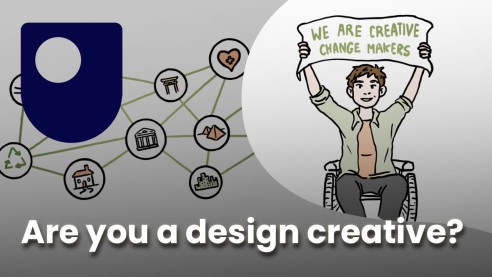 video icon
video icon
Science, Maths & Technology
Are you a design creative?
As a professional discipline, design is very diverse. It is made up of a wide range of sub-disciplines or design domains that are constantly changing. If you are interested in becoming a designer, you may want to reflect on what kind of designer you want to be.
 video icon
video icon
Science, Maths & Technology
Further uses of genetic testing
Genetic testing is a valuable tool for understanding many important things about ourselves, from our characteristics to our heritage and identity.
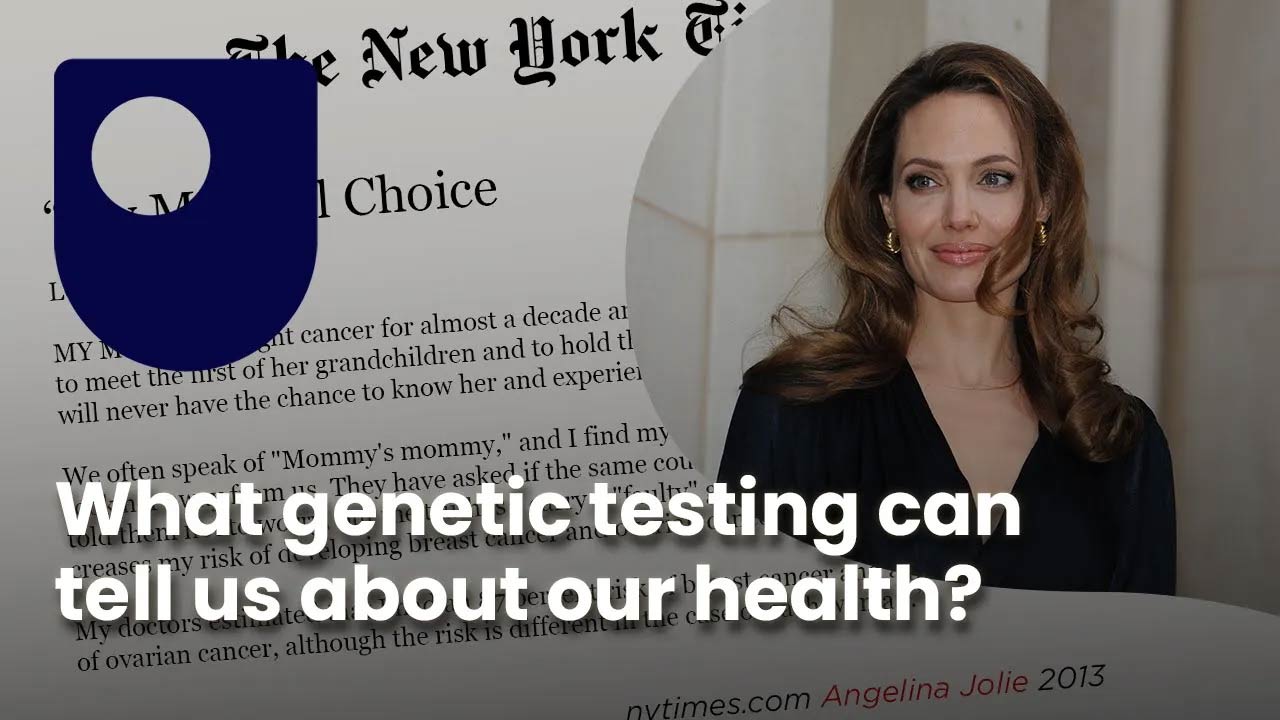 video icon
video icon
Science, Maths & Technology
Medical uses of genetic testing
Genetic testing can diagnose disorders, predict health risks, and assess the likelihood of passing conditions to offspring. This helps people make informed health decisions and offers the chance for early screening and interventions.
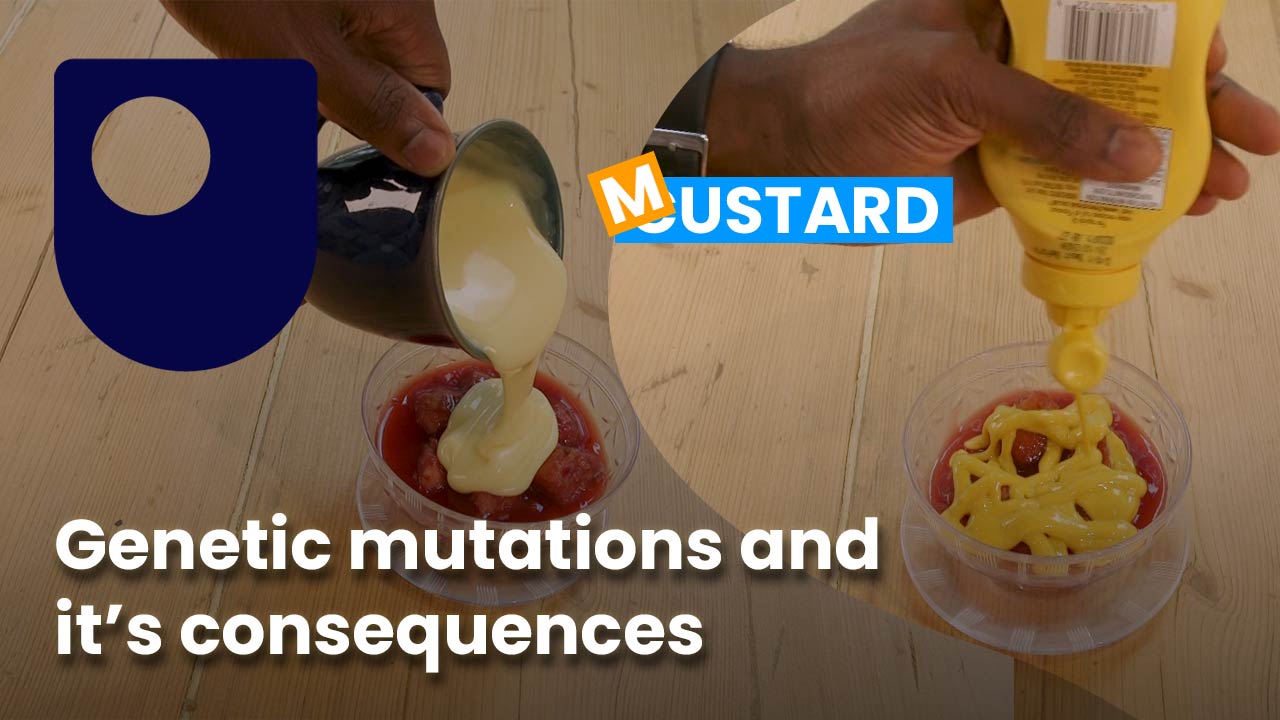 video icon
video icon
Science, Maths & Technology
What is genetics? And how can it affect our health?
We all have roughly the same genes, with more than 99% of our DNA shared in common with any other person. But the less than 1% difference in our genomes makes each of us genetically unique.
 video icon
video icon
Science, Maths & Technology
Introducing the GRACE project – your community and genetics research
It’s an exciting time in the field of genetics research. Groundbreaking discoveries are being made, which help us to better understand ourselves and improve our healthcare. But does genetics research represent and benefit us all equally?
 article icon
article icon
Nature & Environment
How do microplastics make their way into our food?
We know that microplastics have found their way into our food chain. Understanding the sources of microplastics, their journey to our plates, and what we can do to reduce the risks is essential for tackling this pressing issue.
 free course icon
level 3: advanced icon
free course icon
level 3: advanced icon
Science, Maths & Technology
Engineering: environmental fluids
This course introduces the properties of the atmosphere and how wind movements arise and are affected by pressures and the Earth’s motion, development of weather system, moving onto the Earth’s oceans and seas. Understanding how ocean movements are generated and sustained in the form of waves, tides, flows and currents is important in many ...
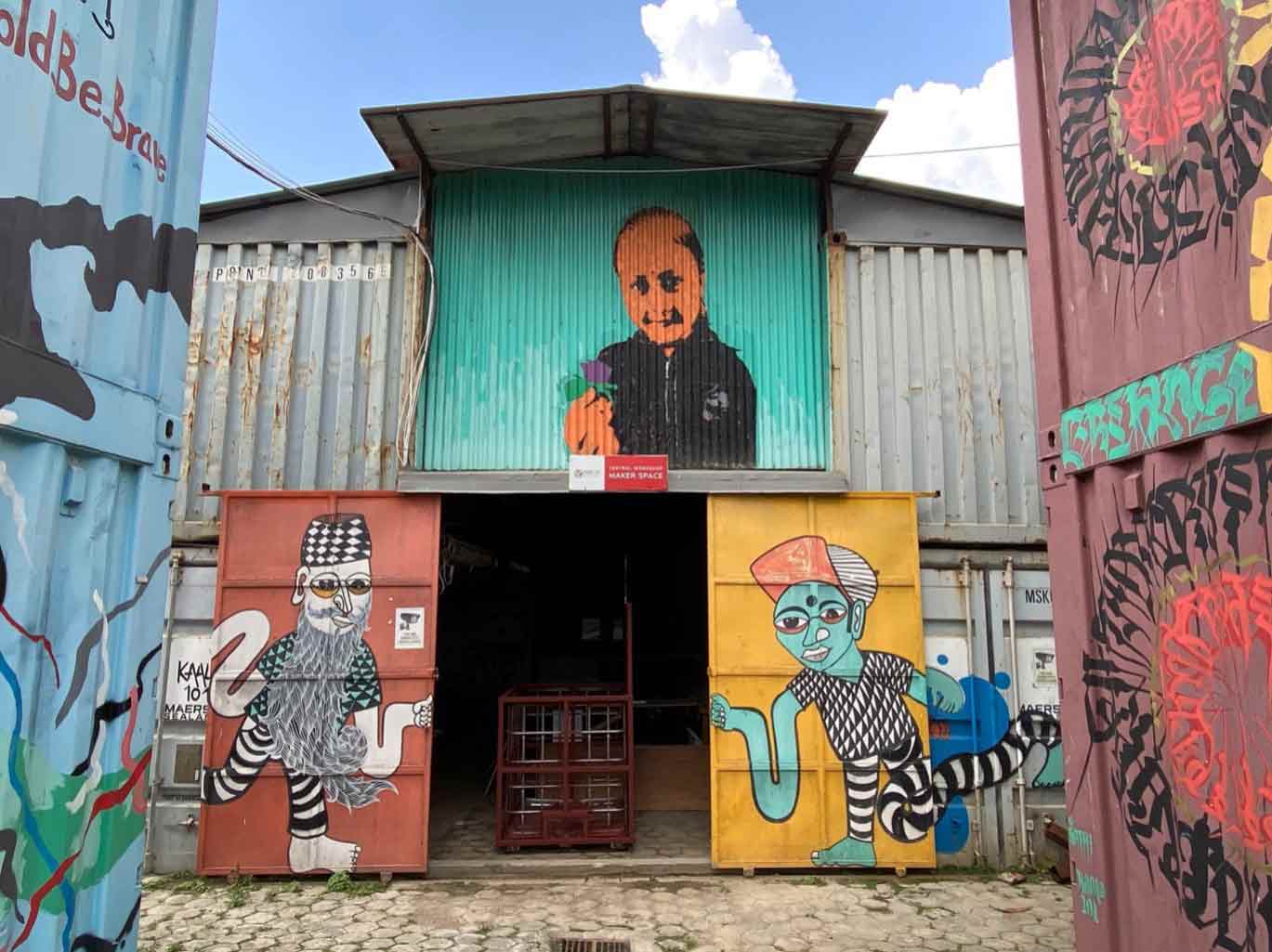 article icon
article icon
Science, Maths & Technology
FabLab Nepal: creative learning as a way towards equality
FabLabs are digital fabrication laboratories designed to provide access to skills, materials and technologies for people to transform ideas into products.
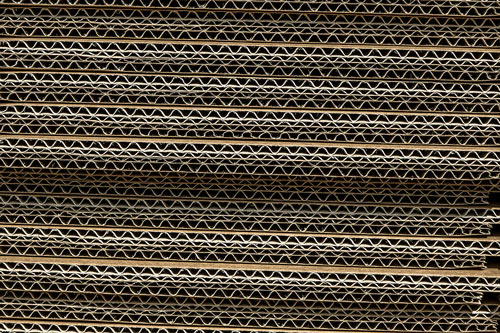 article icon
article icon
Science, Maths & Technology
Design from the inside
Do you ever find yourself looking at a well-designed object and thinking about how it works, and the ingenuity that it represents?